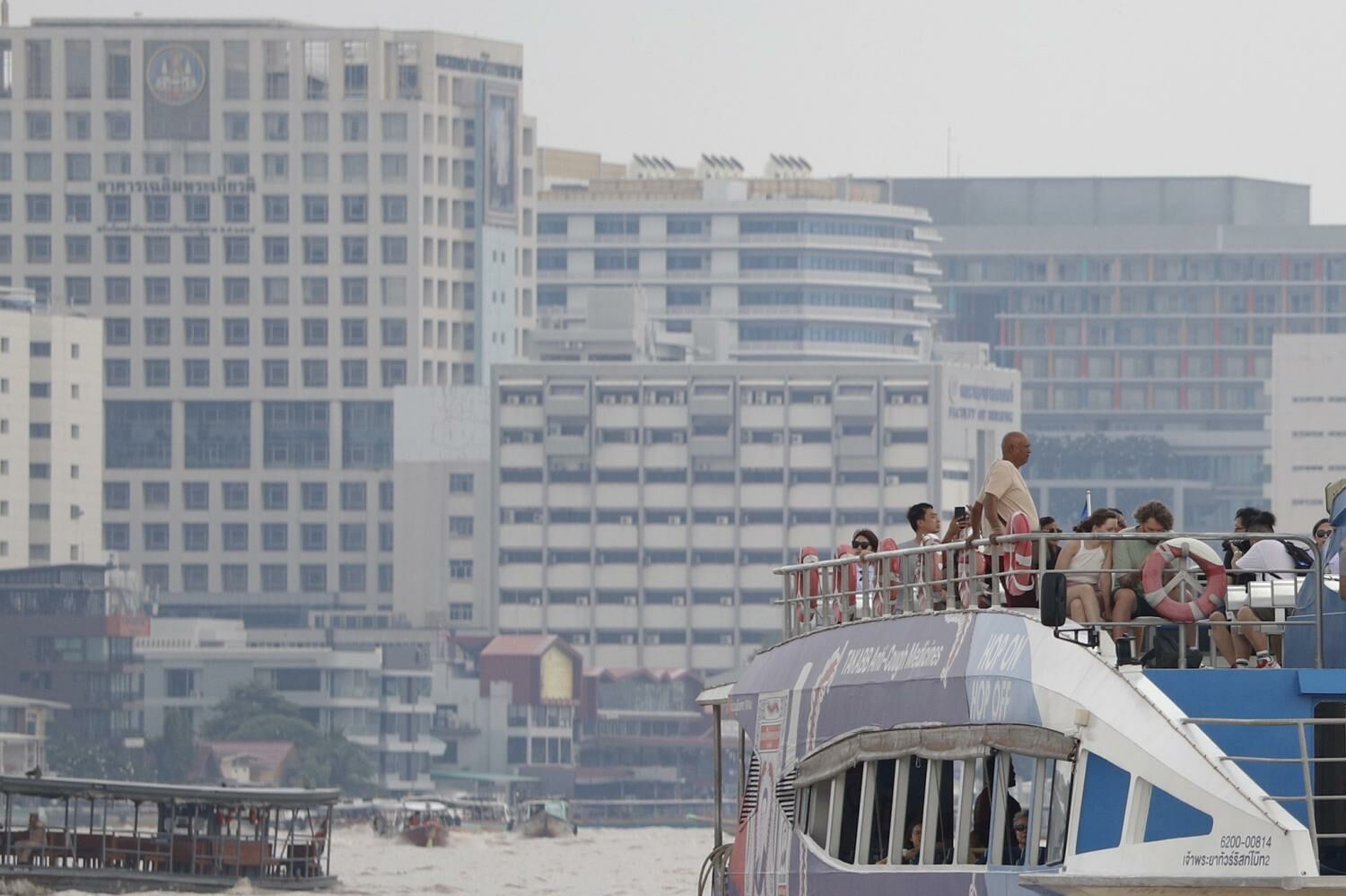Thailand’s tourism confidence index drops amid floods, economy

Thailand’s tourism confidence index for the third quarter saw a significant drop year-on-year, remaining below the benchmark due to challenges such as factory closures, rising unemployment, increasing non-performing loans, and severe flooding both domestically and internationally, according to the Tourism Council of Thailand (TCT).
The TCT has scheduled a meeting with the Tourism Authority of Thailand‘s board chairman tomorrow to discuss enhancing subsidies for the next phase of the co-payment travel scheme. The proposal aims to increase subsidies from the previous 40% to 50%, focusing on second-tier provinces, TCT president Chamnan Srisawat stated.
Chamnan emphasised that a minimum budget of 5 billion baht (US$150 million) could potentially generate at least 5 million room bookings, encouraging local travellers to book three to four room nights on average during the scheme.
“If possible, the government should not wait until the next low season to implement this scheme, as about 30 provinces were heavily affected by floods.”
According to TCT data, the tourism confidence index for the third quarter was 68, significantly lower than the pre-pandemic benchmark of 100. This index also fell from 79 in the second quarter and 69 during the same period last year.
The future tourism index for the fourth quarter showed a slight improvement, rising to 80 from 77 year-on-year, largely attributed to the high season. This reading was derived from a survey of 740 local operators conducted between August 10 and September 15.
Chamnan highlighted that the sluggish economy played a crucial role in the index’s decline for the third quarter, primarily due to six months of easing inflation. The situation was exacerbated by severe flooding in many provinces last month.
Tourism index
Chamnan also pointed out that ongoing conflicts in the Middle East and Ukraine, along with a strong baht, are critical factors to monitor in the coming months.
“The 10,000-baht (US$300) handout for vulnerable groups should help to lift the economy but only for a short period.”
The third-quarter index declined year-on-year across most regions except for Bangkok, the southern, and eastern parts of Thailand. On average, tourism operators reported their revenue at 47% of 2019 levels, with 82% still recording lower revenue compared to the pre-pandemic period, a stark contrast to the 54% recorded in the same period of 2023, according to the TCT.
The employment rate in the tourism industry stood at 84% of the 2019 level, down from 99% in the second quarter, as many workers returned to their hometowns for the harvest season, reported Bangkok Post.
Hotels, particularly affected by the floods in September, recorded a 54% occupancy rate in the third quarter. Only large and international hotels managed to exceed the industry’s average occupancy rate, Chamnan said.
“I’m more worried about an uneven tourism recovery across the supply side.”
Latest Thailand News
Follow The Thaiger on Google News:


























